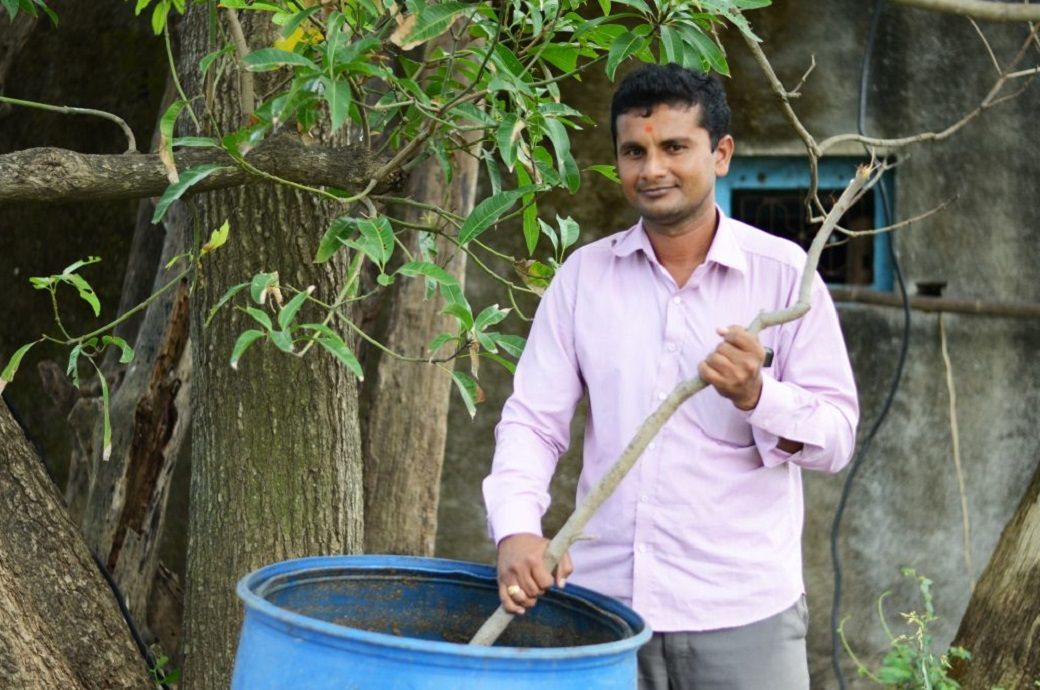
Ahead of the fifth session of the International Conference on Chemicals Management (ICCM5), set to take place in Bonn, Germany, from September 25-29, Better Cotton and fellow Coalition founding members have urged authorities to enforce regulatory frameworks that would mandate the elimination of highly hazardous agrochemicals, Better Cotton said in a press release.
The Coalition—which also includes Fairtrade, Rainforest Alliance, the Sustainable Agriculture Network (SAN), and the Forest Stewardship Council (FSC)—has outlined a series of recommendations to catalyse action on HHPs in agriculture.
Efforts are being intensified on several fronts to combat the negative impacts of HHPs on both human health and the environment. Firstly, there is a commitment to phasing out HHPs globally through a series of coordinated, time-bound actions. This means enacting stringent regulations that would curtail the use and distribution of these harmful substances. Secondly, substantial support is being extended to agricultural producers as they transition to more sustainable agricultural practices. Notably, frameworks that promote agroecology and IPM are being developed and funded to minimise or eliminate the use of hazardous pesticides.
Thirdly, significant investments are being made in research and innovation to discover safer alternatives to HHPs. The goal is to make these alternatives not only effective but also affordable and accessible to farmers globally. Fourthly, there is a concerted effort to promote awareness and educational programmes that provide farmers with the knowledge and tools they need to adopt IPM practices and make informed choices in pest control. Lastly, collaboration is being sought with governments, industry, and civil society to halt subsidies for HHPs. This multi-stakeholder approach aims to strengthen regulatory frameworks and enforcement mechanisms, thereby ensuring an effective and sustainable phase-out of HHPs.
HHPs have historically been used to combat the threat posed by pests to cotton and other crops. Exposure to such pesticides can, however, jeopardise the health and safety of agricultural workers despite the availability and utilisation of personal protective equipment (PPE).
Better Cotton has made significant progress in its efforts to eliminate the use of HHPs on cotton farms. In India alone, between the 2014-15 and 21-22 cotton seasons, Better Cotton Farmers cut their use of HHPs from 64 per cent to 10 per cent, whilst those using Monocrotophos—a pesticide classed as highly toxic by the World Health Organization—dropped from 41 per cent to just 2 per cent.
Across Better Cotton’s network and those of its cross-commodity partners within the Coalition—which together produce cotton, cocoa, coffee, palm oil, and tea across more than 13 million hectares of land—an IPM approach has helped more than seven million farmers adopt more sustainable solutions.
As defined in Better Cotton’s Principles and Criteria (P&C), an IPM approach to cotton farming entails growing a healthy crop, preventing the build-up of pest populations, preserving and enhancing populations of beneficial organisms, field observation, and managing resistance.
Trainings are provided across all countries in which Better Cotton operates to ensure cotton farmers are equipped to adopt an IPM approach and can contribute to the global phase-out of HHPs.
The IPM Coalition commends the United Nations’ Strategic Approach for International Chemicals Management (SAICM) for initiating the fifth session of the International Conference on Chemicals Management (ICCM5) which will provide an opportunity to address chemical management in accordance with the organisation’s Sustainable Development Goals (SDGs).
“Only a global response to the use of highly hazardous pesticides in agricultural supply chains will ensure that farmers and their land are protected from the harmful impacts of such formulations. The IPM Coalition exists to bang the drum on this important issue, and we hope authorities will join us in driving change,” said Alan McClay, chief executive officer, Better Cotton.
ALCHEMPro News Desk (NB)
Receive daily prices and market insights straight to your inbox. Subscribe to AlchemPro Weekly!